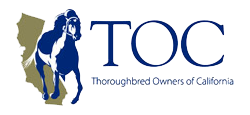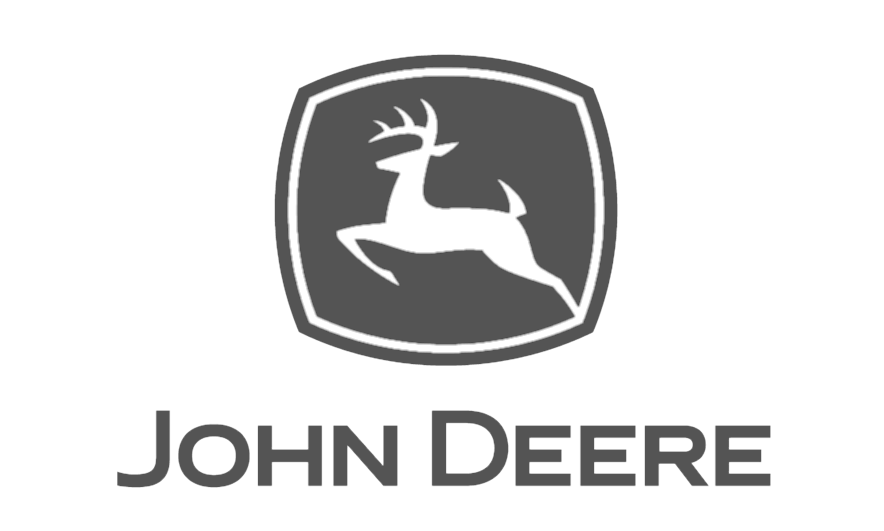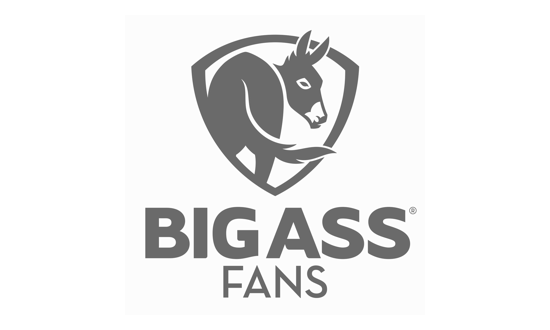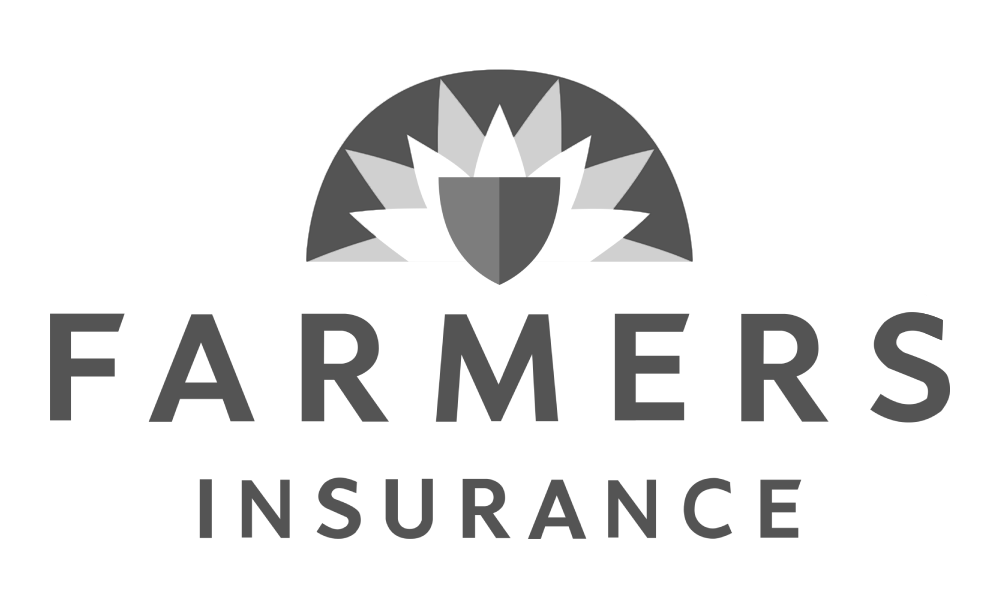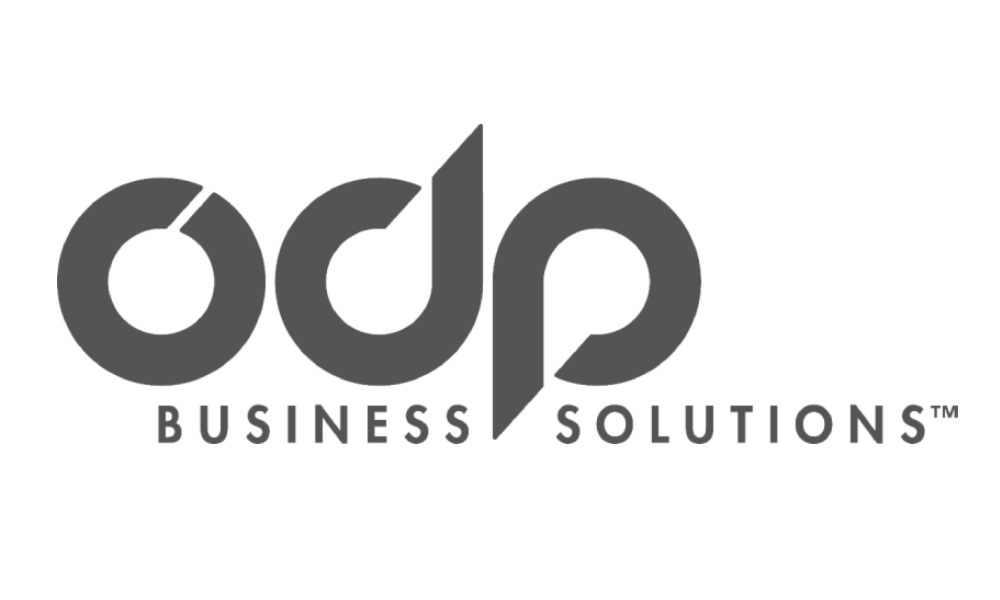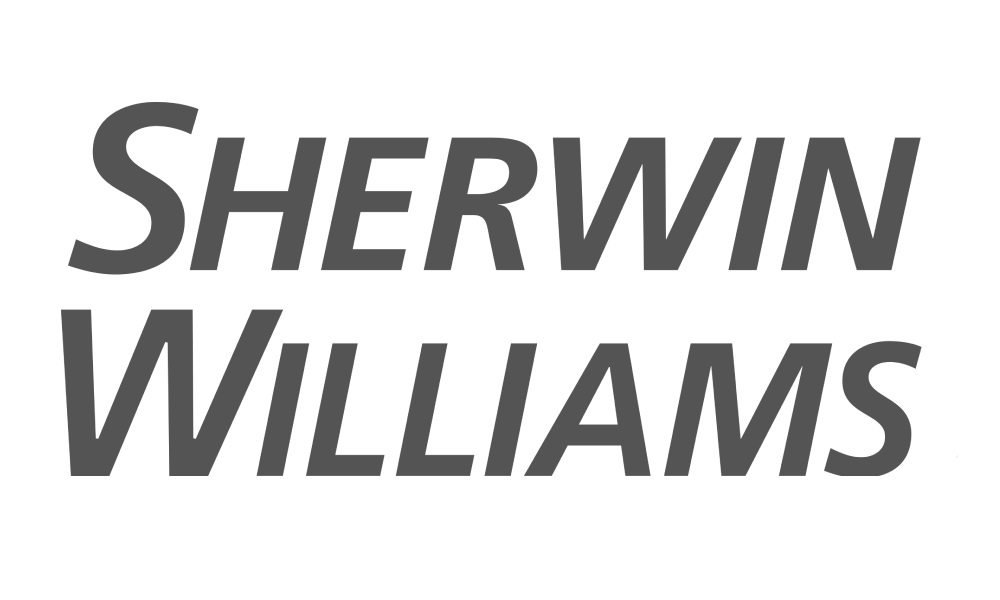By Richard W. Craigo
So, you’ve finally decided to take the plunge and buy a racehorse. Congratulations! Now it’s time to decide whether or not you want to protect your investment via insurance. Top equine attorney Richard Craigo has kindly written the following piece to help you make a wise decision in the area of horse insurance.
For the owner of a Thoroughbred at the track, it’s important to first understand that racehorses “in-training” can only be covered for mortality purposes. Loss of use, medical, surgical, and fertility insurance cannot be purchased for such horses, although such coverages can be purchased for a horse after it’s racing days are over, or as a young horse before it’s put into training. Mortality insurance rates range from 4-5% of the horse’s value for colts and fillies, and around 5-6% for geldings.
My general philosophy is for my clients to insure only those risks that will, if they occur, result in substantial financial harm to the owner. Insurance coverages should not be carried on run-of-the-mill risks that the owner can readily afford. After all, anyone engaging in Thoroughbred ownership should be prepared to absorb some losses, including the untimely loss of a horse of modest value. This simply goes with the territory.
Virtually all of my clients who began their horse businesses by insuring every horse invariably do, over the years, realize the substantial cost of such insurance and eventually begin to be very selective in their insurance habits.
Having said that, there are two situations in which insurance is a very good, if not almost mandatory, investment. The first, and most obvious, is protection against a risk which makes up a substantial portion of the owner’s net worth. There are very few owners who can readily absorb the loss of a multi-million-dollar horse, and insurance is, in most cases, a must.
The second situation is where, even though the loss would not be catastrophic to the owner, there is such a pronounced income tax benefit that insurance coverage makes good economic sense. I’ll explain this later.
Here are three basic suggestions to consider before any insurance is purchased.
First, find an agent in whom you have confidence, and who will freely communicate with you. California is blessed with several excellent horse insurance agents. If you have no one in mind, TOC can give you names of reputable agents. Second, make sure that any policy purchased is placed with a reputable insurer both in terms of financial ability to pay a claim, and in terms of their reputation for settling legitimate claims without a hassle. Third, be sure to have your agent compare policies and explain their provisions to you, as the devil is often in the details.
Important Policy Provisions
When purchasing a mortality policy, make sure that the following two features are included. First, ask that the policy have an “agreed value*” on the horse so that in the event of its death, the often contentious attempts at valuation of the animal are avoided. After all, the insurance company, with its superior assets, will almost always win that battle. Second, review the policy’s “renewal conditions**” so that if a horse becomes seriously ill or injured during the policy period, you are aware of your renewal options while the fate of the animal is being determined.
Another feature to be considered is a “stable rate,” meaning that one receives a discount of up to 10% if every horse in the “stable” is insured. Needless to say, I do not recommend such coverage, as it flies in the face of the general philosophy set forth above, which urges individuals to insure only against catastrophic risks. But if an owner is inclined to insure numerous horses, perhaps for fear of a barn fire or disease killing all of them, then I would recommend a “deductible” policy. Provision for a healthy deductible in the event of a loss can lower the premiums substantially.
Tax Planning Considerations
As referred to earlier, there is one situation in which mortality insurance coverage is very likely in the owner’s best interest, even though the loss would not be catastrophic. This occurs when the potential taxable gain, which would be realized in the event of death, would constitute a long-term capital gain at the favorable 20% federal income tax rate. The fact that the insurance premiums are deductible at a rate of 40% may make such coverage economically wise.
For example, assume an owner has purchased a horse for $100,000. Also assume that after holding the horse for the required 24 months for long-term capital gains, the horse is worth $200,000. Now assume that the owner insures the horse for $200,000, paying a $10,000 premium. That premium is deductible against other ordinary income and at the highest federal income tax bracket of about 40%. Thus the after-tax premium “cost” is only $6,000 (60% x $10,000). Assume now that the horse dies and $200,000 is collected. The $100,000 increase in value over the original cost will be taxed at only a 20% rate, or $20,000. Thus, the owner has paid the premium with fully tax-deductible dollars in order to obtain a return subject to only a highly favorable 20% tax rate – an economically sound result.
There is one final income tax advantage of insurance. The Internal Revenue Code provides that an owner collecting insurance proceeds from the death of a horse due to “casualty,” may forego the payment of tax on gain realized, provided that the proceeds are invested within the following two taxable years in property “similar or related in service or use,” to the deceased horse.
Summary
Thoroughbred insurance coverage should, in most cases, be limited to situations which would be near catastrophic for the particular owner. The exception to this philosophy is where the proceeds from insurance would qualify for favorable long-term capital gains treatment.
If you do decide to insure your horse, remember to engage a reputable agent, to deal only with reputable insurance companies, and to carefully review the policy. Following such course of action will allow you some peace of mind that you have soundly protected your investment in the unlikely event that a catastrophe occurs.
Richard Craigo practices equine law in Los Angeles, California. He is a past-president of the California HPBA, and is certified as a Tax Specialist by the State Bar of California Board of Legal Specialization.
